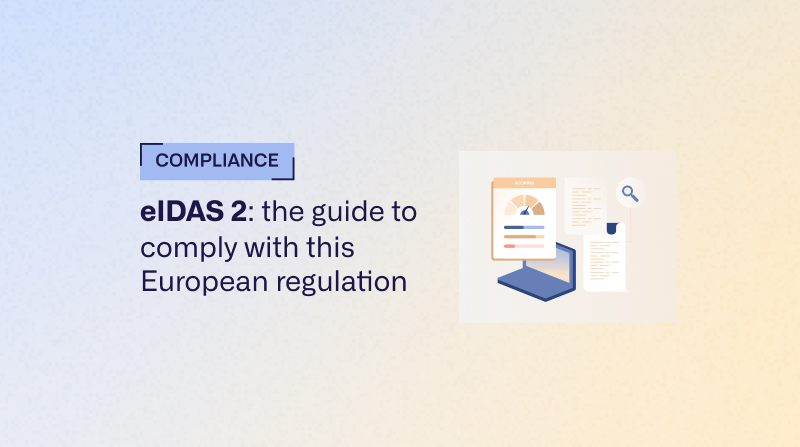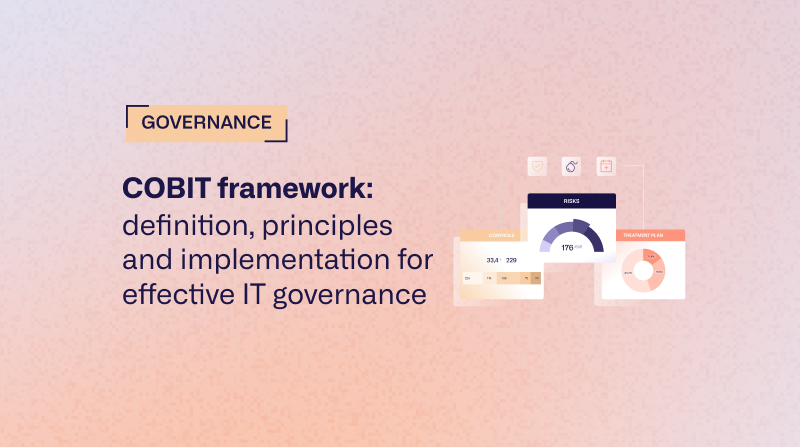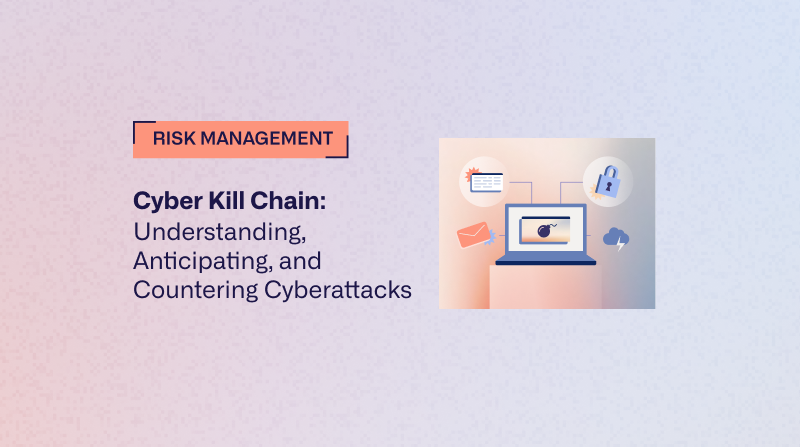It is in this context that is as dynamic as it is delicate that we support companies in the design of a new cyber strategy, by providing managers with tools that allow them to better assess the exposure of their organizations to risks, their capacity to deal with an incident and support them in finding new performance levers.
Acculturating managers to cyber risks
Cybersecurity must be an integral part of a company's strategy. The challenge has become crucial because of the multidimensional impact that a cyber attack can have. Beyond simple computer blocking, all company activity can be destroyed, causing major financial losses as well as an impact on the image and reputation of the company.
In an era of total transparency and permanent justification, companies must respond as much to financial and societal pressures as to comply with increased compliance. Also, they must protect their intangible assets, the data they hold, thanks to effective and adapted cybersecurity devices: risk analysis, encryption, strong authentication, etc.
To achieve this, it is the responsibility of managers to understand the nature and value of what they must protect, then know the type of risks and threats their company is and could face because each company is unique, to finally implement a real cyber protection strategy carried out by all employees. COMEX members are overloaded with information. They need to make decisions and arbitrate quickly and accurately under pressure. Therefore, we must provide key tools and indicators, which are easily understandable, to CIOs who will thus have the key elements to highlight, thus attracting the attention of managers to assess their risks, their assets and therefore their needs to become cyber-resilient.
A dynamic mapping of cyber risks is therefore essential in order to define the protection actions to be deployed immediately, as well as the adaptations to be put in place in the face of the evolution of risks and your situation. The current crisis context has redesigned our working models in companies. This requires redoing all risk analyses and cyber analyses in particular, because many companies have implemented remote working with an unprepared openness of their systems. This has created flaws that cybercriminals are sure to exploit.
The growing importance of cyber resilience
Businesses have entered a new digital dynamic accelerated by the health crisis. It is therefore an opportunity for all of us to build a resilient digital future. Businesses must therefore incorporate this change in mindset. The current situation shows us that we are capable of it. To ensure its resilience, the company must develop a solid methodology based on a global risk analysis. With proven skills in developing standards, we want to be a facilitator for companies that want to develop their cyber resilience capacity. This holistic approach will allow decision-makers to have the elements conducive to informed decision-making, thanks to simple, intuitive and clear indicators, thus promoting investment choices and the allocation of resources. Cyber must be approached as an investment and not as a cost. “The implementation of cybersecurity tools can avoid heavy financial losses, data theft, etc. which impact the image and reputation of the company among customers, investors... Cyber resilience is therefore a tool at the service of trust that can be usefully valued and valued.








